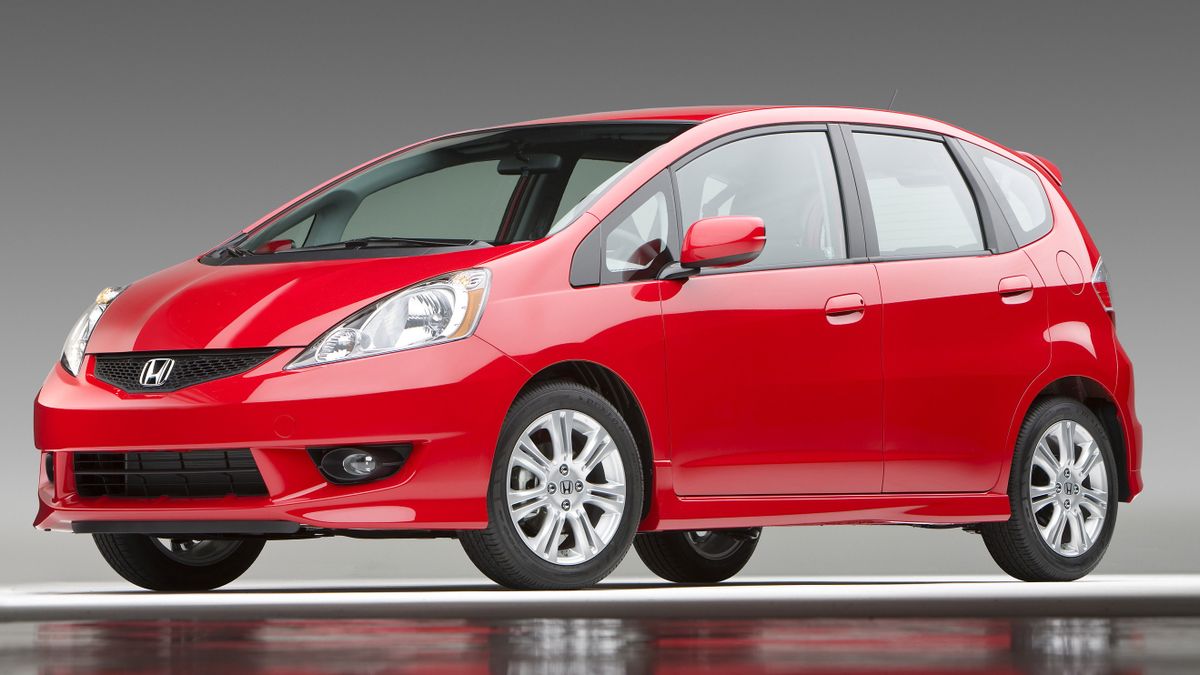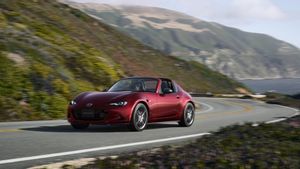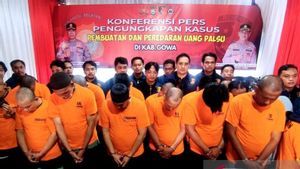JAKARTA - Unpleasant news came from the Japanese automotive industry. Following the cases of Toyota, Mazda, Suzuki, and Yamaha, Honda also stumbled on a case of manipulation of certification testing on cars that had been sold to the market.
This problem was discovered after the manufacturer bearing the 'H' logo received instructions from the Ministry of Land, Infrastructure, Transportation, and Tourism (MLIT) on January 26.
"We sincerely apologize for causing concern to our customers, business partners, and many other stakeholders," Honda wrote on its official website, Tuesday, June 4.
This Sakura manufacturer received a number of cases of irregularities, such as testing and data participation in different actual testing results, noise testing, and engine power involving vehicles that were sold in the past.
The first case is a deviation against noise testing carried out in February 2009 and October 2017. In the report, it was stated that the weight of the tested vehicle exceeded the legal limit. The test report states that the weight in the specified range is different from the actual weight of the vehicle tested
The report also states that if the weight of the vehicle changes after testing due to design changes, there is a possibility that retesting is needed.
However, by testing under more stringent conditions than stipulated by law, it is interpreted that noise performance can be guaranteed, and the increased working hours required for re-testing are considered avoidable.
Vehicles affected by this problem consist of Inspire, Fit, CR-Z, Acty, Vamos/Vamos Hobbyo, Step WGN/Step WGN Spada, Legend, Fit Shuttle, Insight Exclusive, CR-V, Freed, N-Box, N-One, Odyssey, N-WGN, Vezel, Grace, S660, Shuttle, NSX, and Jade.
SEE ALSO:
The next case is testing the output of engine and electric motors between May 2013 and June 2015. It was stated that the value of the torque output from the test results had been changed and included in the inappropriate report.
If the test results are below or above the specification value of the model equipped with the same power or electric motor, additional analysis may be required. However, if the difference in the specification value is small, it is considered to be within the range of performance variations, and by rewriting the specification value to the certified model, it is considered that there are additional analyses to be avoided.
Vehicles affected in this case include Fit, Shuttle, Freed, Vezel, Jade, Grace, Odyssey, and NSX.
One last case is an engine output test conducted between April 2013 and January 2015. It is known that the manufacturer carried out this test without a generator, where the regulation says that this should be done with an on generator.
The fact that testing conditions will be measured with the running generator is not specified in manual testing, so it is assumed that the calculated value using the correction value is equivalent to the test results on the specified conditions. The models affected by this problem are Fit, Shuttle, Odyssey, and Jade.
Honda will take this case very seriously in order to prevent the incident from happening again by fully complying with the laws that have been enacted.
"In addition, we will create and standardize the right business process to prevent different interpretations and judgments depending on individuals, and will further strengthen our internal audit function," concluded Honda.
The English, Chinese, Japanese, Arabic, and French versions are automatically generated by the AI. So there may still be inaccuracies in translating, please always see Indonesian as our main language. (system supported by DigitalSiber.id)















